A chaste act of adultery and a silent conversation: these are the encounters at the heart of Un ballo in maschera. On paper Verdi’s opera is a hot-blooded political thriller climaxing in a regicide, but in the watching it’s something entirely other. Just like the buoyant score, whose ‘aura of gaiety’ seems so at odds with the dark subject matter, the drama of Ballo is a sustained act of misdirection. The focus in this unusual piece is not on action and event but on absences, unspokens — the negative and not the photograph is what absorbs Verdi so compellingly here.
When the Italian censors, troubled by the on-stage assassination of a king, famously rejected Ballo, it was to misunderstand a drama that, for all its political trappings, is essentially domestic, emotional. It’s an error that Tim Albery’s new production for Opera North — the first in the company’s history — perpetuates.
Restoring the libretto’s original Swedish setting and characters (Scandi noir avant la lettre), Albery and designer Hannah Clark beckon us into the smoky bars and bloodied interrogation rooms of the 1940s. Men are kitted out in a uniform of homburgs and belted macs, while Patricia Bardon’s Ulrika is a Marlene Dietrich-alike, wearing a beret and an inscrutable expression. It’s all perfectly serviceable, but historically awkward. How we are to align the opera’s warring factions and its benign ruler with this new milieu is never addressed or explained — a rickety structure on which to build any real tension.
So many dramatic corners are left rough and unfinished. Is Tereza Gevorgyan’s effervescent Oscar a young man who cross-dresses for the masked ball, or a woman who favours male dress for her day job as the king’s secretary? Who precisely is torturing and being tortured in Gustavus’s all-forgiving kingdom? In an opera whose plot is already busy with blind alleys and narrative dead-ends (the Ulrika business so central to Act I leads nowhere) any further uncertainties are just a distraction from the emotional encounters that matter.
And that’s surely the measure of a good Ballo. If all is working as it should, then the climax of Act II — Amelia revealing her identity to her husband in order to save his life, knowing it seemingly implicates both herself and his dearest friend as adulterers — should be a moment of such horrifying emotional clarity and truth that all other details are swept away. The charged silence of these two figures set against the serrated jollity of the Laughing Chorus is one of opera’s greatest dramatic moments. Here, it is blunt, inert.
Consolation comes from the pit, where Opera North’s former music director Richard Farnes gives a vivacious, propulsive account of the score, whirling his audience through the opera’s ballroom at speed, but still finding time to illuminate moments of beauty — the sudden softness of strings in the Act II prelude, a solo line from a cor anglais, curving like calligraphy in the ear. But brilliance and light only make sense in Verdi’s chiaroscuro world if tempered by shadows on the stage, and the effect here was one of imbalance.
Vocally this isn’t vintage Opera North either. Bardon and Gevorgyan are the pick of the cast, but the central triangle all have their issues. Exquisite in moments of stillness, Adrienn Miksch’s Amelia tended to be shrill and tremulous in intensity, while Rafael Rojas made a meal of Gustavus, his grainy tenor tiring audibly through the evening. After a slow start, Phillip Rhodes’s personable Anckarstroem did rally for a fine ‘Eri tu’, but it wasn’t quite enough to set this operatic marriage ablaze.
It has been years (and several dud productions) since the UK has seen a decent Ballo in maschera. Will we ever get to go to the ball? I wouldn’t start polishing your tiara just yet.
Got something to add? Join the discussion and comment below.
Get 10 issues for just $10
Subscribe to The Spectator Australia today for the next 10 magazine issues, plus full online access, for just $10.
You might disagree with half of it, but you’ll enjoy reading all of it. Try your first month for free, then just $2 a week for the remainder of your first year.

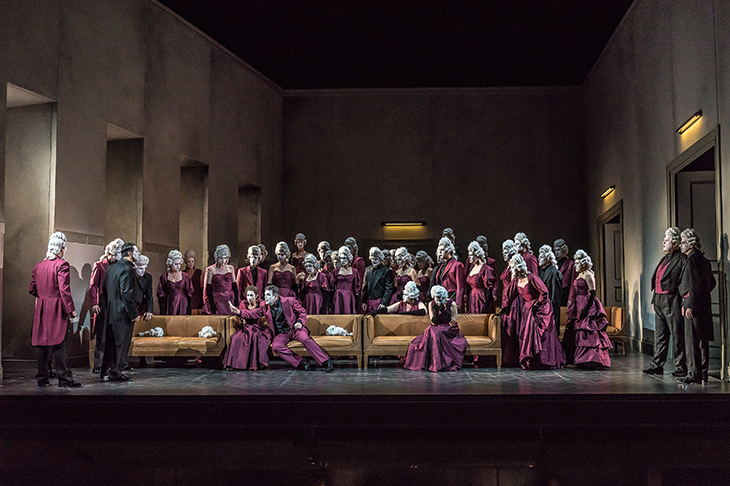
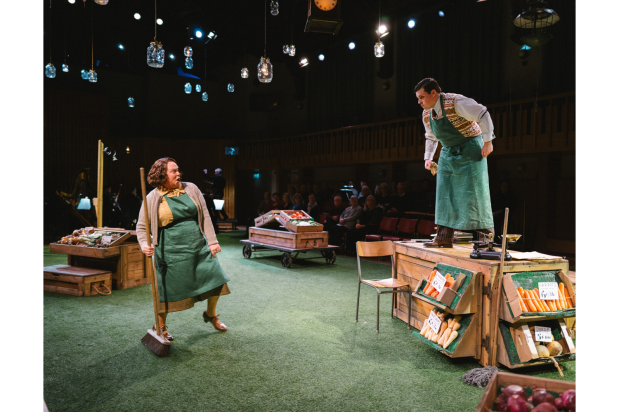
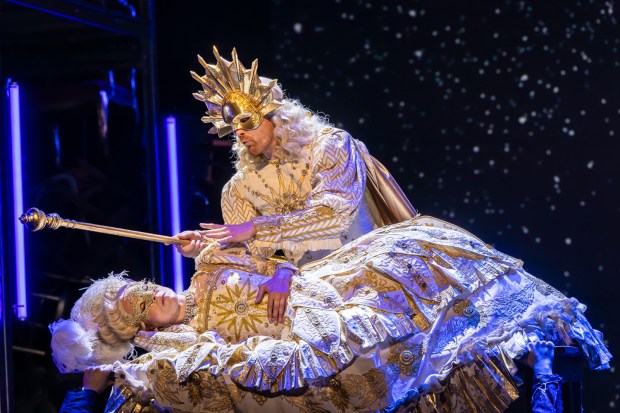
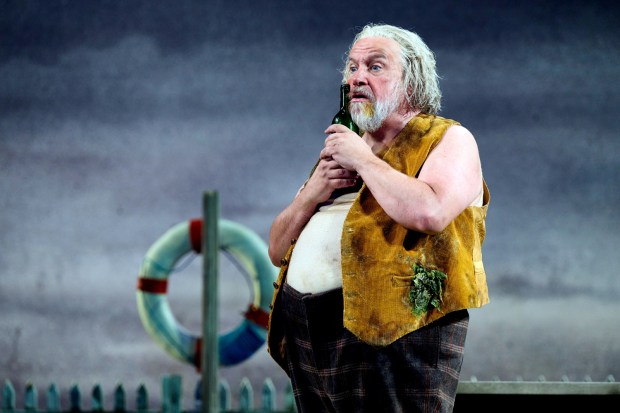
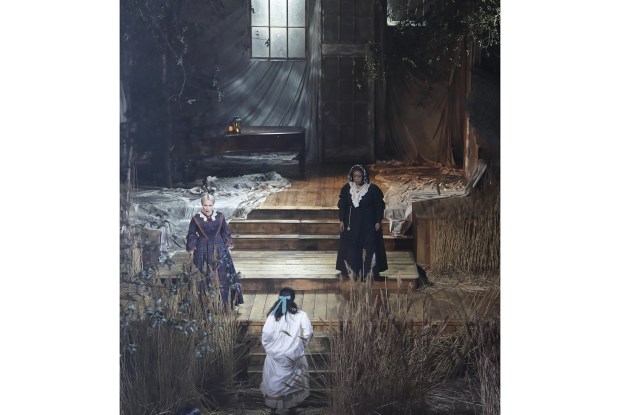
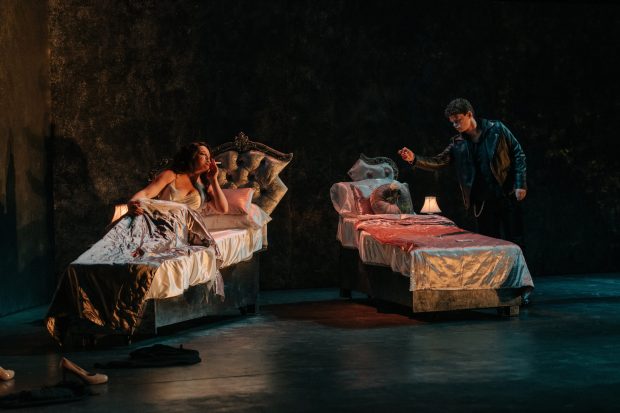
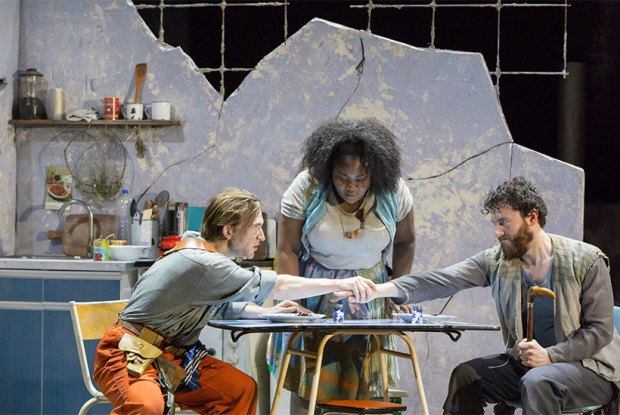






Comments
Don't miss out
Join the conversation with other Spectator Australia readers. Subscribe to leave a comment.
SUBSCRIBEAlready a subscriber? Log in